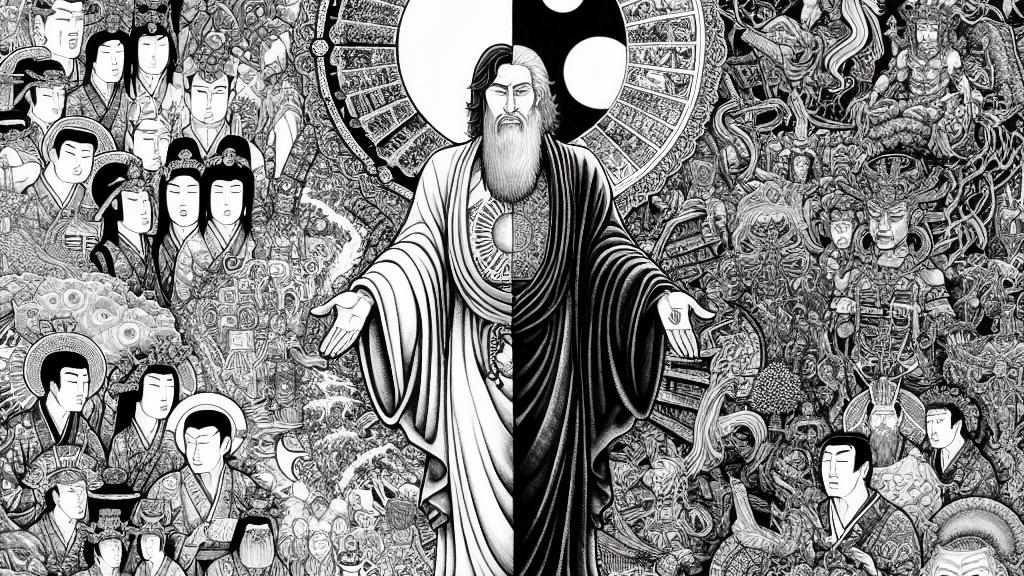Understanding Japanese Deities Through the Lens of Monotheism
Overview
- A deep dive into the characteristics of Japanese gods compared to Western fairy-like spirits.
- Exploring how faith is woven into the existence of Japanese deities.
- An engaging examination of monotheism and polytheism in various cultural contexts.

One God or Many?
As we explore the fascinating world of Japanese deities, a striking contrast surfaces when examining them through a monotheistic lens, particularly one shaped by the doctrines of Christianity. In the rich tapestry of Japanese culture, these gods are not mere abstract concepts; they embody relationships with both nature and humanity. Take, for instance, the popular game 'Sakuna: Of Rice and Ruin.' It invites international audiences to grapple with profound questions, such as, 'What kind of deity relies on human faith for its existence?' This question starkly reveals a cultural divide: in Western perspectives, a singular, all-powerful God is viewed as separate from human belief. Conversely, in Japan, the essence of divinity is inextricably linked to human understanding and interaction, underscoring the importance of community in sustaining the spirit of these deities.
The Interconnectedness of Humans and Deities
Diving deeper into Japanese spirituality unearths the notion that the bond between humans and their deities transcends superficial worship; it is profoundly reciprocal and interactive. For example, in Shinto, it's widely accepted that natural phenomena and even mundane objects share a spirit known as kami. This belief fosters a sense of intimacy; gods thrive through recognition from their worshippers, akin to a vibrant community bolstered by mutual respect. Consider the various kami celebrated in local festivals—each festival is a celebration, showcasing gratitude toward the divine. This participatory approach starkly contrasts with monotheistic doctrines, where belief may feel more like an obligation than an enriching relationship. Moreover, as these deities resonate with human emotions, they transform the spiritual experience from distant adoration to relatable partnership, cultivating a deeper appreciation for life and its mysteries.
Cultural Reflections and Evolving Faith
Exploring how Japanese culture perceives its deities reveals the intricate connections between mythology, tradition, and daily life—forming a vibrant spiritual tapestry that enchants and captivates. Each deity, such as Inari, the rice goddess, and Fujin, the god of wind, is deeply embedded in cultural practices and folklore, serving both as protectors and as joyful manifestations of life itself. These divine figures exhibit relatable traits that mirror human experiences, resembling Western fairy tales where the characters often undergo moral journeys. Notably, contemporary narratives in anime and literature continually reimagine these gods, illustrating their adaptability within modern society. Through them, a new generation learns to embrace spirituality not just as a tradition but as a living, evolving expression of identity. Unlike the rigid dichotomy often found in monotheism, Japanese polytheism invites individuals into a rich dialogue with numerous spirits, pricing the interconnectedness of all life, and inspiring gratitude, respect, and wonder for the myriad forces that shape their existence and environment.

Loading...